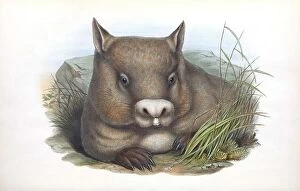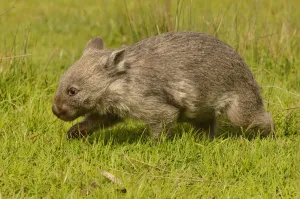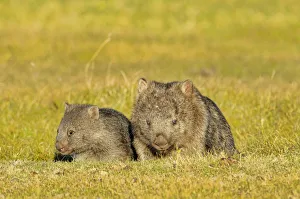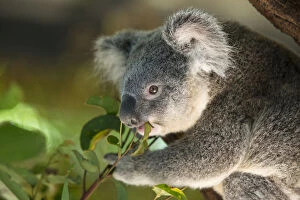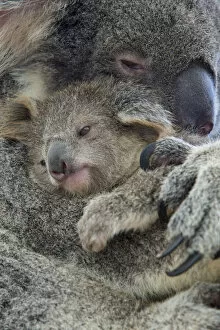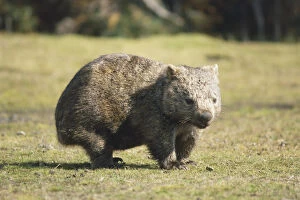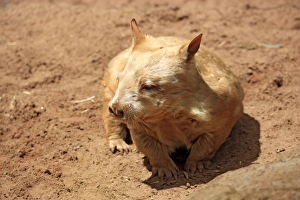Vombatidae Collection
The vombatidae family, commonly known as wombats, are fascinating marsupials found in various regions of Australia
All Professionally Made to Order for Quick Shipping
The vombatidae family, commonly known as wombats, are fascinating marsupials found in various regions of Australia. In Victoria, Australia, a female orphaned common wombat aged four months can be seen resting under the watchful eye of expert wildlife carers. These controlled conditions ensure her safety and well-being. Meanwhile, in Tasmania, another common wombat species called Vombatus ursinus roams freely. These creatures have adapted to their environment and play an essential role in maintaining the ecosystem's balance. Moving on to Queensland, we encounter adorable koalas feeding on eucalyptus leaves. Their cute appearance belies their importance as they contribute to seed dispersal and help regenerate forests. In the same region, a koala mother proudly carries her eight-month-old joey on her back. This heartwarming sight showcases the strong bond between these marsupial parents and their offspring. Back in Tasmania, a common wombat mother is spotted with her joey by her side. The protective nature of these mothers ensures the survival of their young ones. Wandering across grasslands is another member of the vombatidae family - Vombatus ursinus or common wombat. With its coarse hair and sturdy build, this creature thrives in its natural habitat. Wilsons Promontory National Park in Victoria becomes a foraging ground for adult common wombats once again. They diligently search for food amidst breathtaking scenery while contributing to plant pollination through seed dispersal. Not far away lies South Australia where Southern Hairy-nosed Wombats (Lasiorhinus latifrons) reside. These adults exemplify resilience as they adapt to harsh environments while playing an integral role within their ecosystem. As we delve deeper into understanding these unique creatures' classification within order Diprotodontia under Marsupialia order subdivision; it becomes clear that wombats hold significant ecological value alongside their undeniable charm.

